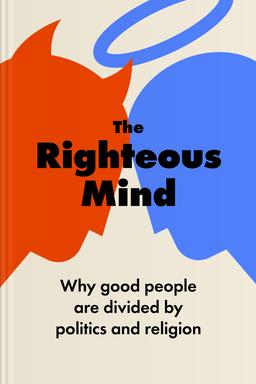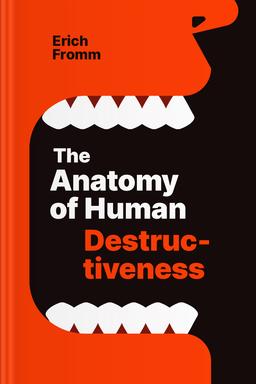What is Pre-Suasion about?
This book explores the art of persuasion, emphasizing the importance of the moments leading up to a message delivery. It introduces the concept of 'pre-suasion,' which highlights how the context and environment can prime people to be more receptive to subsequent messages. Through psychological insights and real-world examples, it demonstrates how to strategically influence decisions before any overt persuasion takes place.
Who should read Pre-Suasion
- Marketing professionals seeking effective persuasion techniques.
- Salespeople aiming to enhance their influencing skills.
- Psychologists interested in understanding human decision-making processes.
What is The Elephant in the Brain about?
This thought-provoking exploration delves into the subconscious motivations that drive human behavior, revealing how self-interest often lurks beneath the surface of our social interactions. It challenges readers to confront the hidden biases and desires that shape daily decisions, from politics to personal relationships. By uncovering these motives, the authors encourage a deeper understanding of ourselves and the societal structures we navigate.
Who should read The Elephant in the Brain
- Psychology enthusiasts seeking insights on human behavior.
- Self-improvement readers wanting to understand their motivations.
- Curious minds exploring social dynamics and hidden motives.
What is The Righteous Mind about?
This insightful exploration delves into the psychological foundations of morality and how they shape our political and religious beliefs. Haidt examines why individuals with differing moral frameworks often clash, emphasizing the role of intuition and social cohesion in moral reasoning. Through captivating narratives and research, the book encourages readers to understand opposing viewpoints and fosters empathy, aiming to bridge divides in an increasingly polarized world.
Who should read The Righteous Mind
- Political enthusiasts seeking to understand ideological divides.
- Individuals curious about morality in politics and religion.
- Students and scholars of psychology and social behavior.
What is The Anatomy of Human Destructiveness about?
This insightful exploration delves into the roots of human aggression and destructiveness, examining psychological, social, and historical factors that influence behavior. Fromm argues that inherent human drives are shaped by environmental conditions, leading to the potential for both creativity and destruction. The book challenges readers to understand the complexities of human nature and offers a critical analysis of societal influences on individual actions.
Who should read The Anatomy of Human Destructiveness
- Psychology enthusiasts exploring human behavior.
- Students studying sociology and human nature.
- Readers interested in philosophical debates on violence.
What is Blindspot about?
This insightful exploration delves into the hidden biases that affect our thoughts and actions, often without our awareness. Through compelling research and engaging anecdotes, the authors reveal how these biases influence judgements, decisions, and interactions in various facets of life. By uncovering these unconscious influences, readers can gain awareness and actively work towards overcoming prejudices, fostering a more equitable society.
Who should read Blindspot
- Psychology enthusiasts seeking to understand biases.
- Educators looking to promote inclusivity in schools.
- Corporate leaders aiming to improve workplace diversity.




